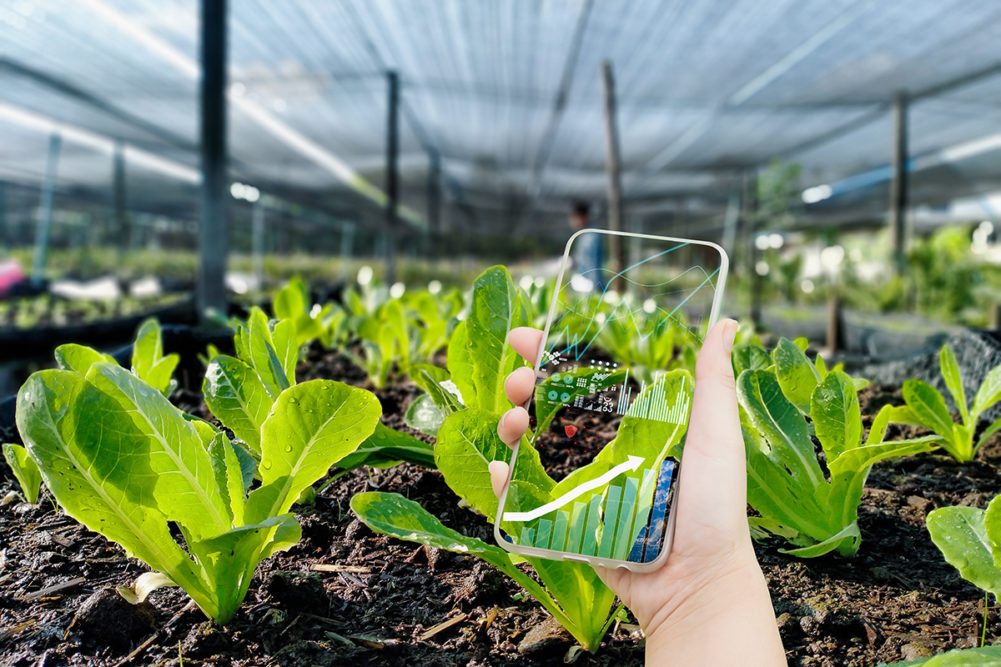In the era of digitalization and technological advancement, the future of food safety in fresh food retailing is intricately intertwined with innovation.
Emerging technologies such as blockchain, Internet of Things (IoT) and artificial intelligence (AI) are poised to revolutionize how we monitor, trace, and ensure the integrity of food products. These systems offer the potential for the accurate real-time tracking of food items, enhancing traceability and facilitating swift response in case of contamination outbreaks or recalls.
“Having solid traceability practices gives retailers an edge, influencing what consumers like and how the market moves,” said Randy Fields, CEO of ReposiTrak, a retail technology company focused on traceability and compliance. “Retailers should see traceability not just as a rule-following thing but also as a smart move for picking out where to get their goods. It’s not just about ticking boxes; it’s a strategic tool that builds up trust with consumers in this shifting regulatory landscape.”
“Looking forward, more tweaks or changes to FSMA Section 204 could throw a curveball at food retailers. They’re getting ready for it by putting money into more sophisticated digital traceability systems. This way, they can keep up with the rules, find their sweet spot in the market, and show off traceability as a “secret weapon” for earning consumer trust in the middle of all these rule changes. Simply put, being ahead of the game and rolling with the punches in FSMA Section 204 is key for food retailers’ long-term success in this ever-changing rulebook.”
This article is an excerpt from the May 2024 issue of Supermarket Perimeter. You can read the entire FSMA 204: Navigating the Future feature and more in the digital edition here.

